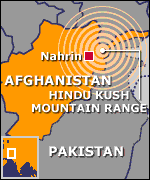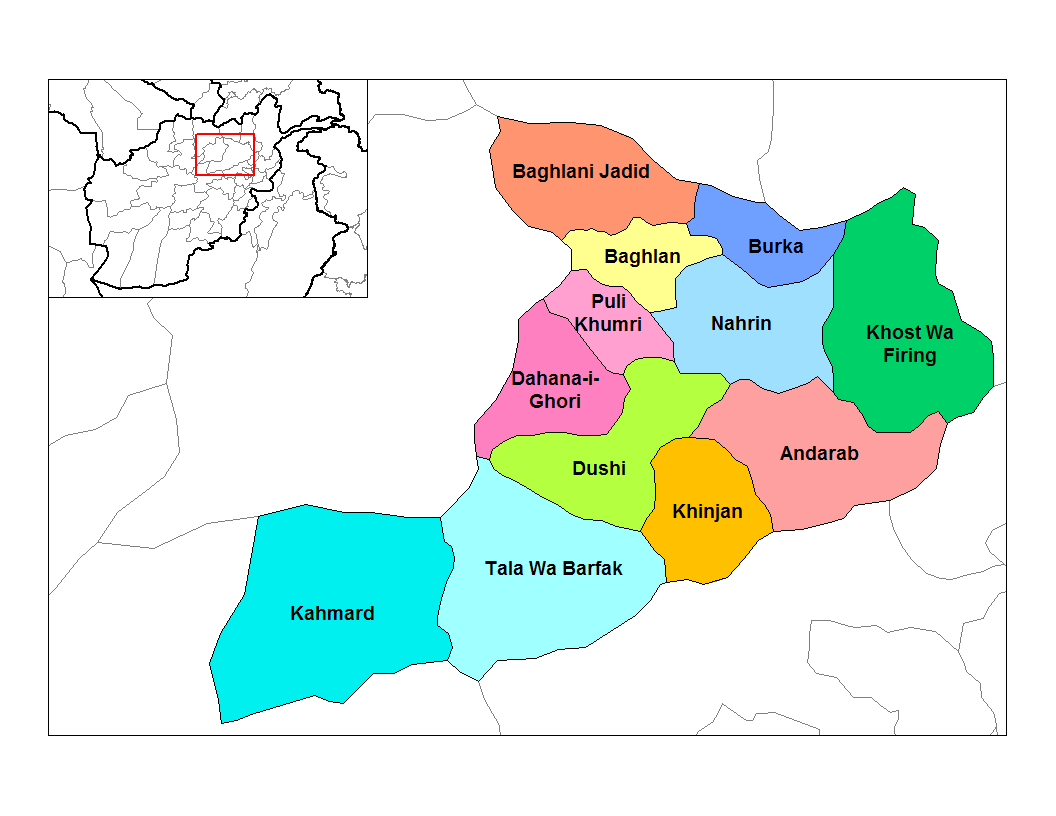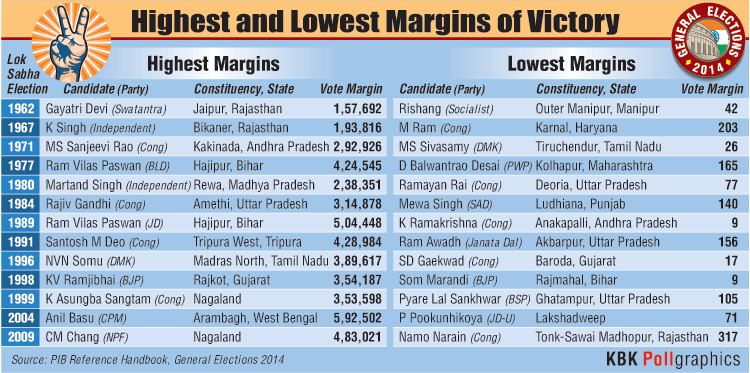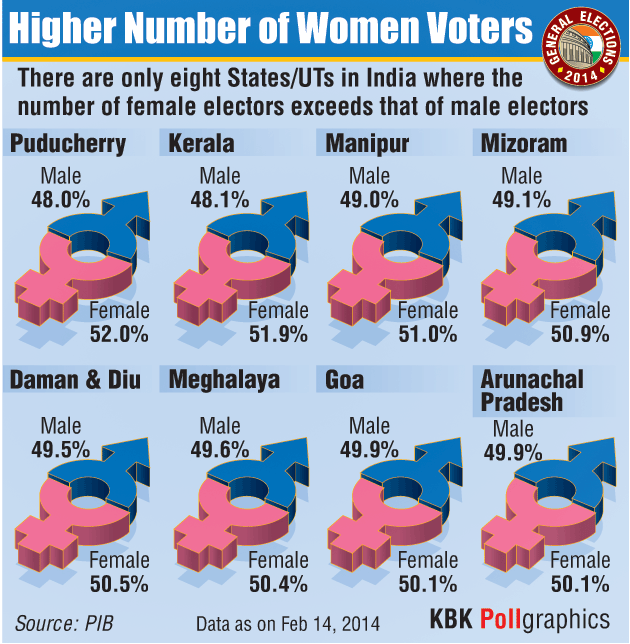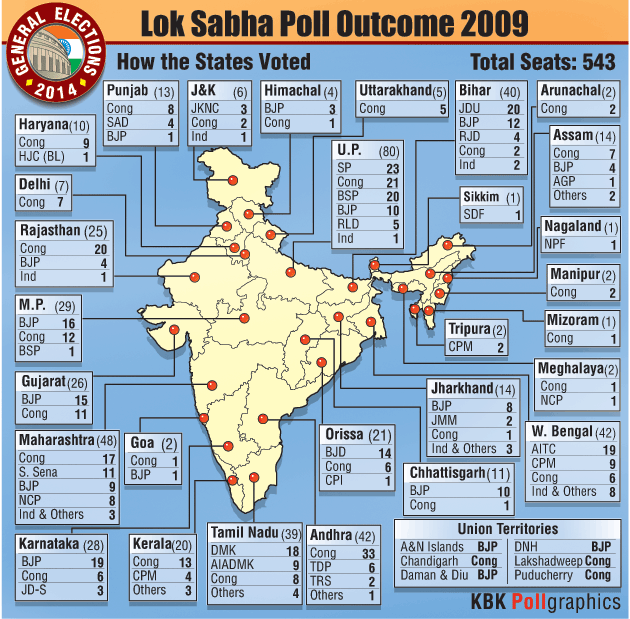Perhaps it was too painful for the author to acknowledge but to us the most significant comparison (and contrast) point is that while cricket is akin to religion in both countries, only in Pakistan, there is no international cricket (and will not be for a long, long time), thanks to the Taliban targeting the Sri Lankan team in 2009. Even in the age of television, for domestic cricket to thrive in Pakistan you need international matches. Else we shall see the slow-poisoned demise of what used to be one of the most formidable cricketing machines in the world.
……..
Some
time ago, I visited Bangladesh to see the T20 World Cup and meet my old
Bengali schoolmates from 55 years ago. We attended a PAF boarding
school in Sargodha, half of whose occupants had to be from East
Pakistan.
Forty-five years after the last visit, (when one served
as a sub-divisional officer, SDO, equivalent to our assistant
commissioner, in Sylhet district), Dhaka is more crowded. The commuting
time from one part of the city to the other is in hours. Cycle rickshaws
still provide the bulk of the transport; apparently there are 11 lakh
rickshaws in Dhaka alone. One pleasant side effect is the non-existence
of motorbikes.
While the warmth and hospitality of old buddies was
profuse, there was a palpable embarrassment at the way we parted in
1971. They described their ordeal of repatriation from West Pakistan,
(some of them being officers in the Pakistan armed forces) in as soft
terms as possible. One listened with as much tact and sympathy as
possible. The feeling is difficult to describe. One felt like the member
of a family accused of murder, visiting the family of the aggrieved
party.
Politics and detailed discussions on 1971 were avoided, in
order not to spoil the pleasant ambiance generated by the reunion. But
the execution of a prominent member of the Bangladesh Jamaat-i-Islami
and the sentencing to death of half a dozen others, being current
events, could not be kept out of discussion. The Pakistan high
commission in Dhaka was stormed by an angry crowd, protesting the
National Assembly resolution condemning the execution of the JI leader.
The
response of Bangladeshi friends was that it was insensitive on part of
the Pakistan government to pass judgement, without knowing the facts.
The feeling conveyed was that a few people would have to be punished
(read hanged) to heal the wounds of 1971.
After a few days, one
got the impression there was a war going on in Bangladesh, between
people who love India and people who dislike India. Those who dislike
India would rather be branded India-haters, rather than Pakistan
supporters, as that would reduce their credibility. ‘Lovers’ of India
are led by the Awami League while the party which opposes India is the
Bangladesh Nationalist Party, which would prefer to downplay any overt
connection with Pakistan.
The most surprising thing was that many
in the country do not even recognise Sheikh Mujibur Rahman as the father
of the nation. Some in earnest sarcasm say that the actual father of
the nation is Zulfikar Ali Bhutto, but then go on to say that Gen Ziaur
Rahman was the one who physically fought the Pakistan Army.
Despite
the constraints, Bangladesh has done much better than Pakistan. While
we have foreign exchange reserves of around $10bn after unexplained
gifts from friendly countries and kowtowing to the IMF, their reserves
are at $19bn.
While the Pakistani rupee, after much jugglery, was
brought below 100 to the dollar, in Bangladesh the dollar is worth 78
taka. This is quite an indictment of our economic performance,
considering the taka was worth 50 paisa when we parted.
Another
startling comparison is that while East Pakistan had more population
than West Pakistan in 1971, Bangladesh is now at 150 million, while we
are close to 190 million. So despite the predominant religious values in
the country, they have controlled their population. In Pakistan no one
is even talking about the crisis.
As for social indicators
monitored by international agencies measuring progress in health and
education etc., we are at least 25 positions lower in the country
rankings. So both financially and socially, Bangladesh seems to be
moving in the right direction, despite its chronic political crises.
Bangladesh was
geographically and ethnically so far away from Pakistan it would have
separated, if not in 1971 then a few years down the line. The only
regret is that the two brothers could have parted in a more civilised
manner.
Pakistan is still popular amongst the Bangladeshi masses,
but not with the government. The best way to restore the bond is to
resort to low-profile diplomacy with patience.
……..
Link: http://www.dawn.com/news/1103549/lost-brothers
……
regards


